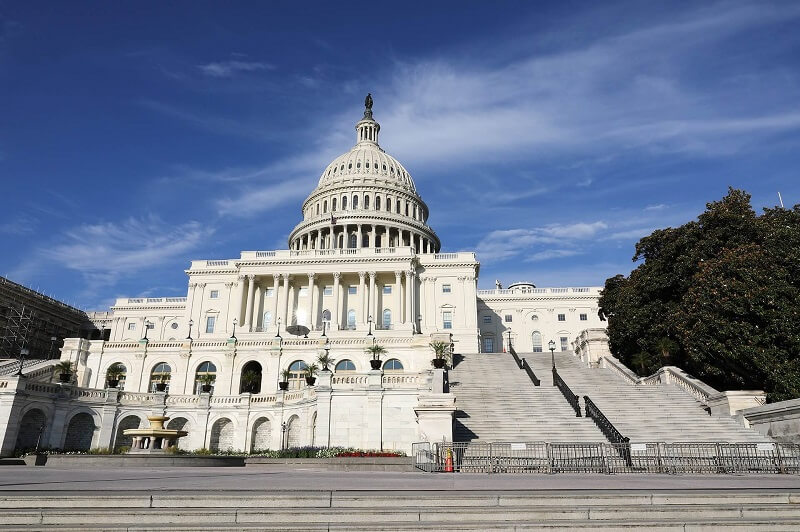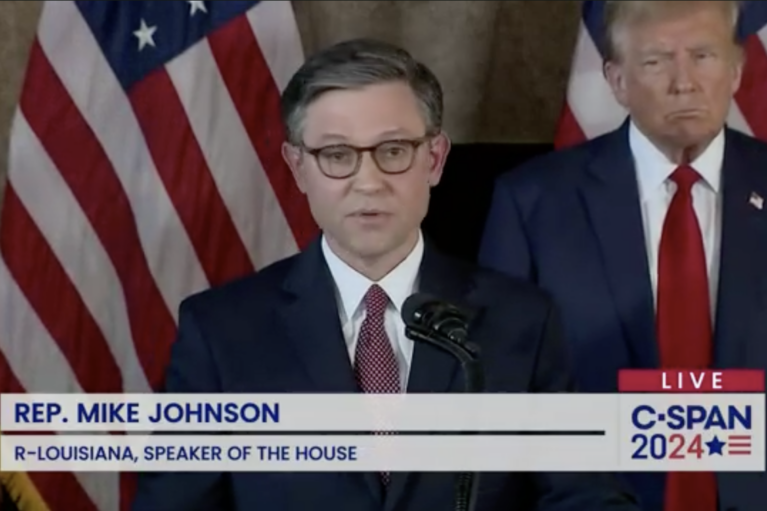U.S. House Votes to End Forced Arbitration

The U.S. House on Friday passed legislation that would eliminate forced arbitration clauses in employment, consumer and civil rights cases.
If enacted, the bill would empower more workers and consumers to challenge employers and corporations in court. Forced arbitration clauses – often found in the fine print of agreements – can bar employees and consumers from suing or participating in class action lawsuits.
Critics of those clauses say the process deprives employees from suing employers over issues like discrimination, harassment or abuse. Consumers can be barred from suing over scams or faulty products. Complaints are hashed out behind closed doors and the results aren’t made public.
“Using forced arbitration, corporations force victims into secret proceedings where the deck is stacked against them,” Rep. Hank Johnson (D-Ga.), the lead sponsor of the bill, said Friday on the House floor. “Predictably, the end result is the corporation wins and the victim is deprived of justice.”
The bill, titled the Forced Arbitration Injustice Repeal Act, passed the House by a vote of 225-186, largely along partisan lines. Two Republicans voted for the bill (Reps. Matt Gaetz of Florida and Chris Smith of New Jersey); two Democrats opposed it (Reps. Henry Cuellar of Texas and Collin Peterson of Minnesota).
Maryland Rep. Elijah E. Cummings (D), who is recovering from an unspecified medical procedure, did not vote.
Gaetz, an ally of President Trump, praised the legislation last week.
“I’m convinced that big businesses’ over-utilization of mandatory arbitration clauses impairs people’s access to something that is fundamentally American, and that is having a judge and jury make a decision regarding your dispute,” he said.
The legislation isn’t likely to advance beyond the House this Congress. The Senate version of the bill has no Republican co-sponsors, and it garnered a veto threat from the White House. It’s also opposed by business groups, including the U.S. Chamber of Commerce.
“This bill would prohibit private businesses from entering into predispute arbitration agreements, including those allowing for the use of collective arbitration procedures,” the White House said in a statement. “These blanket prohibitions will increase litigation, costs, and inefficiency, including by exposing the vast majority of businesses to even more unnecessary litigation.”
Rep. Doug Collins of Georgia, the top Republican on the House Judiciary Committee, slammed the legislation on the House floor, calling it “simply a political statement” that has no chance at being enacted. He warned it would shut Americans out of the justice system by denying them guaranteed arbitration. “What that would do is not end injustice, but it would actually promote it,” he said.
Still, bill’s supporters hailed its House passage as a victory for Americans, and they’ve vowed to continue to press the issue.
Rep. Jamie Raskin (D-Md.) said last week that forced arbitration is “an insult to the constitution; it’s an insult to everything we believe in as Americans.”
In a tweet, Rep. C.A. Dutch Ruppersberger (D-Md.) said the legislation “would greatly restore Americans’ rights to seek justice and accountability when hurt by a corporation.”
About 60 million U.S. workers are subject to mandatory employment arbitration procedures, according to a 2017 report from the Economic Policy Institute. That number has increased dramatically in recent decades, the study showed.



 Creative Commons Attribution
Creative Commons Attribution